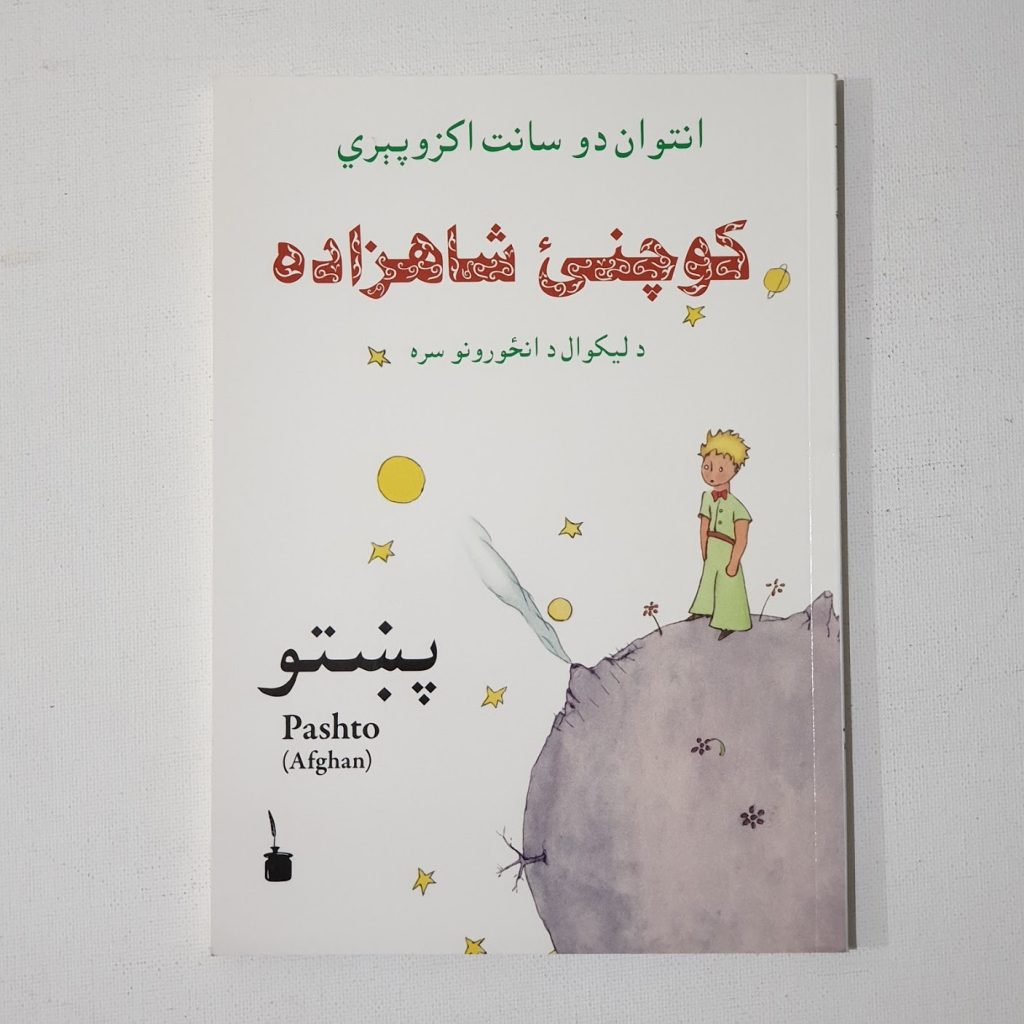
کوچني شاهزاده/ Kuchnay Shahzadah, in Pashto / Pashtuns / Pakhtuns / Afghans.
Pashto, the lyrical yet formidable tongue of the Pashtun people, is one of the two official languages of Afghanistan and a recognised regional language in Pakistan, where it is spoken predominantly in Khyber Pakhtunkhwa and Balochistan. With ancient Indo-Iranian roots, Pashto has been a carrier of poetic and warrior traditions for over two millennia, its verses echoing through the mountains and deserts of the eastern Iranian plateau. Historically, Pashto served not merely as a means of communication, but as a vessel of identity, pride, and resistance. It flourished as a literary language from the 16th century onwards, particularly under the Mughal and later Durrani empires, producing luminaries such as Khushal Khan Khattak and Rahman Baba—philosopher-poets whose works fuse mysticism, ethics, and the Pashtun code of honour known as Pashtunwali.
Culturally, Pashto-speaking societies are defined by a strong sense of tribal affiliation, hospitality, and adherence to Pashtunwali—an unwritten ethical code that places immense value on honour (nang), revenge (badal), and sanctuary (nanawatai). These traditions are not merely relics but living principles shaping daily interactions, dispute resolutions, and inter-tribal relations. Music and poetry are deeply woven into Pashto life; even in the most remote valleys, it is not uncommon for verses of ghazals and romantic epics to be recited with emotional intensity. Pashto also carries the rhythm of resilience—a language that has withstood colonialism, censorship, and war, yet thrives in oral narratives, folk songs, and even modern rap and cinema. In essence, Pashto is more than a language—it is a declaration of endurance, cultural continuity, and an undying love for expressive freedom, spoken with pride by a people shaped by mountains, memory, and a fierce sense of belonging.


